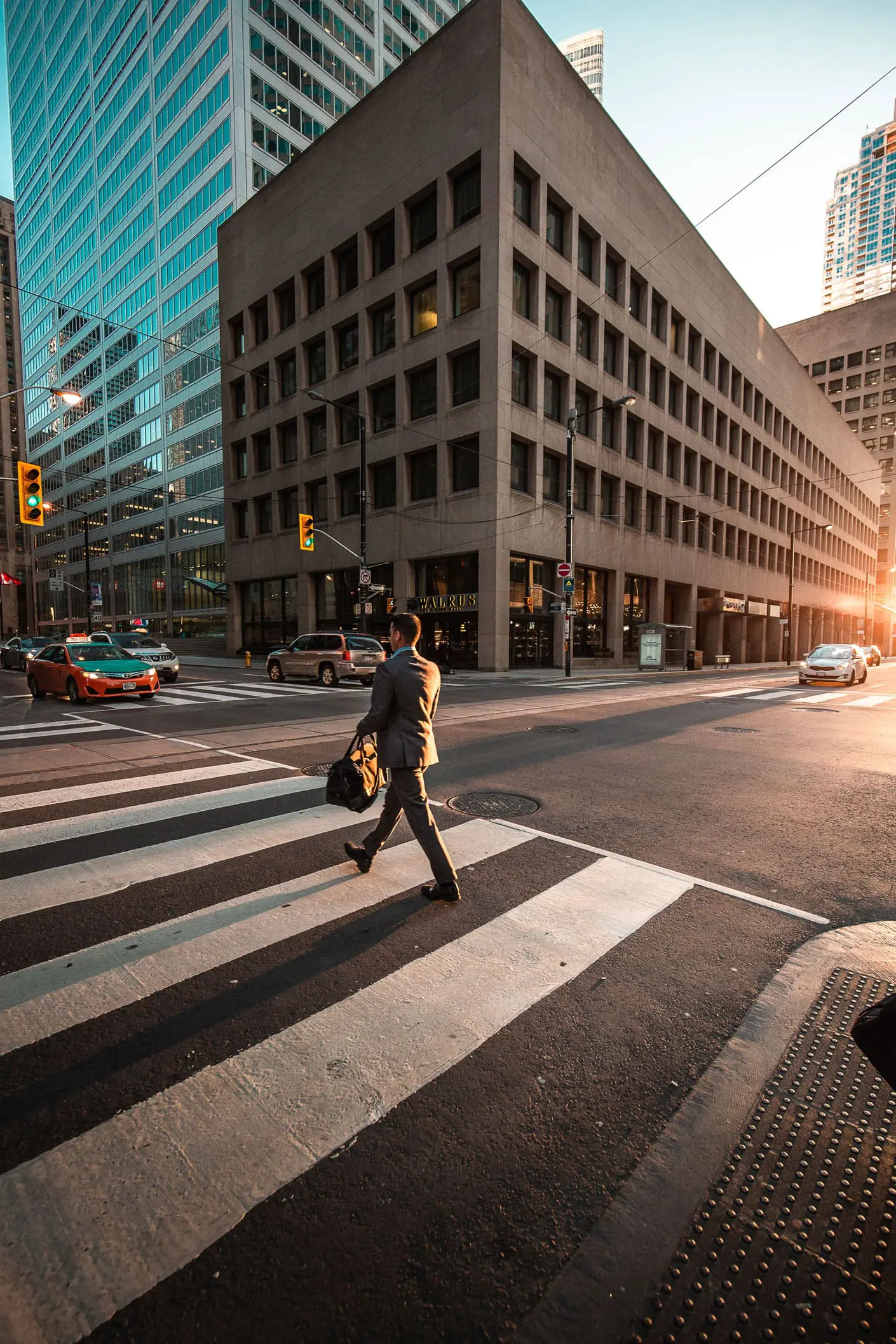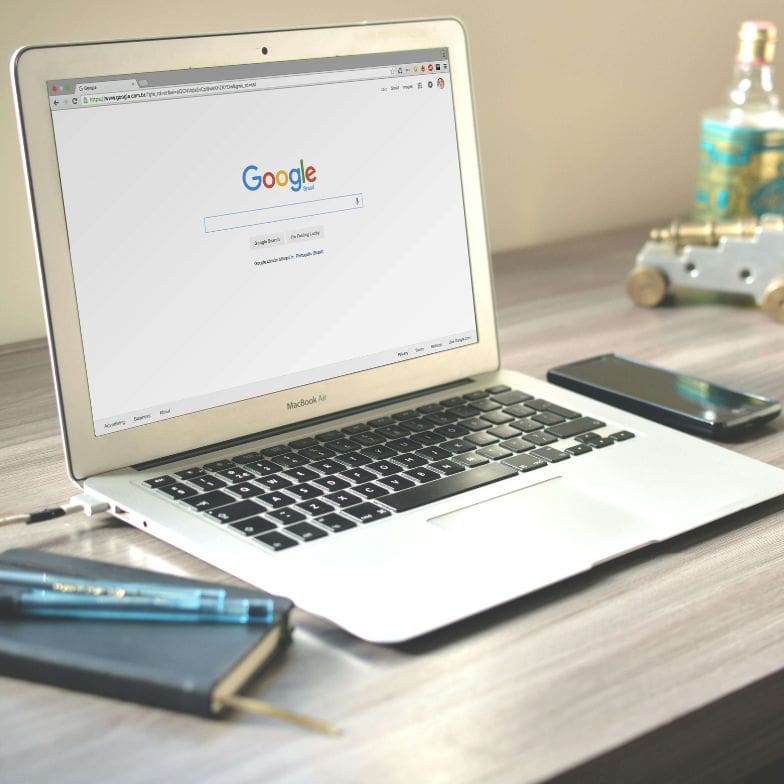These days, all websites rely on Google to reach new visitors. It’s the main vessel through which people find websites for the first time. In fact, Google currently has over 81.2% of the market share for Search Engines. That’s why you need to make sure that you don’t get penalised by the company. This is something that happens to many websites that indulge in bad practices, often relating to various SEO techniques.
The fact that so many websites are suffering as a result of these Google ranking penalties just goes to show how important it is for SEO to be taken seriously and approached with caution. When you don’t really know what you’re doing or what you’re getting into, you will be far more likely to make the kinds of mistakes that are only ever going to end badly for your website. If you are DIYing your SEO or using a company, make sure you know exactly what is being done for your SEO and that the tactics used are not in the realm of black hat SEO.
Now it’s time to learn all about Google ranking penalties, why they matter so much, and what it is that often causes websites to receive them in the first place. It’s worth being aware of all these things because your website needs Google if it’s going to grow and reach even more people. It’s something that simply can’t be ignored any longer, so read on to start learning more about how Google ranking penalties occur and how to avoid them.
What is a Google Ranking Penalty?
First of all, we need to define what a Google ranking penalty actually is and how it works. Further down this article, we’ll look at exactly what causes these penalties to be implemented. But what does it look like when you receive one? And what impact does it have on your website?
Google Webmaster Tools can be used to find out whether a penalty has been incurred. Because website owners don’t get directly notified, it is important you set up your Google Webmaster account and keep a close eye on it when working on your SEO. Manual Penalties come in different forms. Sometimes, it will mean that the ranking of every page on your website drops. In other instances, rankings for a specific keyword are impacted. Or it might just relate to one specific offending page.
Whichever type of penalty your website is hit by, it will have an impact on the flow of traffic to your website. When a ranking falls, it makes it harder for people to get to your website because there will be other options higher on the results page that they’ll be far more likely to click. Google encourage site owners to make active changes in order to restore rankings in the aftermath of a penalty.
Why Is Your Site’s Ranking So Important?
As mentioned above, your site’s ranking is important because it dictates the flow of traffic to your site. The higher your page appears on a list of Google search results, the more times it will be visited by Google users. Your aim should always be to have a number 1 search ranking. Of course, that’s not at all easy to make happen.
Past studies have shown that links are 40% more likely to be clicked by users if they have a top ranking. Any link who doesn’t even make the first page of results is going to struggle to get many clicks. This is how people use the site, and there is not much you can do to change their behaviour. Therefore, it stands to reason that you adapt to the situation in order to increase your web traffic as much as you can.
As for other rankings, studies also found that clicks are 30% more likely for second placed links and 24% for third place links. This shows just how important it is to be near the top of the page, and website owners ignore the importance of rankings at their peril. Without them, your website might struggle to get by. So, now it’s time to think about what causes websites to receive Google ranking penalties.
What Can Cause You To Receive a Google Ranking Penalty?
If you’re going to retain a good ranking, you need to know which things can cause you to get penalised. Here are some of the things that will result in a penalty, so read about them and then make sure that you don’t willfully or accidentally make these mistakes.
Using Keywords Too Often
It’s very easy for Google to pick up on the overuse of keywords. This is one of the most common problems out there. Let’s face it; if you want your page to rank high for a certain word or phrase, it’s easy to spam that word or phrase on the page. That makes sense, right? If the word is repeated a lot, surely Google will rank it high when that word is searched for? Well, in fact, that’s not the case, and it could easily land you with a penalty. This used to work but in 2011, Google released an update to their algorithm that killed keyword spam. You can read more about Googles Algorithm and the Panda update effectively revolutionized the way that we rank sites on Google.
Google doesn’t like the artificial spamming of phrases. And from the point of view of the search engine user, this is a good thing. Just because a site uses a phrase a lot, that doesn’t mean that it offers content that is actually helpful. So, rather than worrying about using the word or phrase that comprise your keyword/s, instead try to make relevant and appealing content. That’s always seen as better, and it won’t leave you with a ranking penalty.
Thin Content
We’ve already mentioned content a little, and it’s vital not to underestimate just how important it is when you are aiming for a high ranking. Google’s algorithm is perfectly capable of picking up on things like substance. If there is not much on offer, you will be penalised, and that will mean your ranking will suffer as a consequence. So, if you’re not offering much in the way of content, that’s going to have to change quickly.
If you don’t really know what you’re writing about, then let someone who does write it instead. There is no sense in stringing together some information that you barely understand because Google will recognise this from a mile away. And then you’ll get punished for it. It’s simply not worth it, so put some effort into every piece of content on your website. If you have pages that are lacking, your whole website could potentially suffer.
Link Farms
Link farms are groups of websites that simply link to one another artificially. You might know that if your website is already part of one. If that’s the case, you should think twice. When you join a link farm, it only ends up damaging your website and everything that you have built thus far. That’s not what you want to happen, so you should try to make sure that you change this as soon as you can.
Not only are link farms dishonest, but Google is really trying to crack down on them. It will only be a matter of time before your website is punished for being a part of one. That’s not what you want to happen because it will cause you more hassle and headaches that you want to deal with. Yes, it might seem like a quick and effortless way to gain links, but that doesn’t make it alright. You will pay the price, and its benefits won’t be felt at all then.
High Bounce Rate
A site’s bounce rate refers to the number of people who leave the site very quickly after first visiting. This is an important metric because people always have a reason for leaving a site quickly. It might be because the website is incredibly slow to load or the content is not what was expected. It could simply be that the layout is ugly or confusing. Of course, all these things are bad, and they can all have a dramatic impact on the success of the site.
Google certainly won’t ignore them. You can bet that your high bounce rate will be picked up on and punished by Google as soon it’s noticed. That’s why you need to take steps to make changes if you do notice that your site’s bounce rate is higher than you would like it to be. You want people to hang around for longer when they visit your site. And you also want to stay on Google’s good side, so your bounce rate can’t be ignored.
Links From Low-Quality Sources
Website owners always want links to their website. But you need to remember that it’s not just the quantity of the links that matter; the quality of them is even more important these days. That’s because Google takes into account the quality of the links your website receives. If your pages are being linked to from high reputation sites, this will reflect well on the quality of your own site and it will rank high.
Of course, everyone would love to have the New York Times linking to their site, but that rarely happens. You need to work hard to achieve high-quality links. And paying for them and using links from low-quality blogs might actually do more harm than good for your website in the long-term, and you should remember that. It’s better to spend time looking for quality than spending a lot of money on a high quantity of links.
Deceptive Tactics
If Google notices that you are in some way fooling people with deceptive tactics, or even attempting to deceive the algorithm, you will get a penalty. Google doesn’t like those kinds of tactics. There are many examples of how website owners try to manipulate the algorithm and Google users. For example, some pages use automatic redirects. This is a big no-no, and it screams deception. Google will pick up on that sooner or later.
That’s not the only way in which deceptive tactics can be used to manipulate a website’s ranking. Forcing users to click on adverts that they don’t want to click on is another thing that’s often done. This is a sure sign of a dodgy website, and it won’t be tolerated by the algorithm. Another common thing that’s done is disabling the back button on the browser, meaning the user essentially has to stay on the page for longer than they want to.
Too Many Ads Crowding the Page
Usability is a big deal for the Google algorithm. If your website is packed full of adverts or they’re placed in awkward ways, it will judge these things to be affecting your website’s usability. This means that it will think your website is difficult to use and navigate, and that’s something that often results in a penalty and a drop in ranking. So, you need to be very careful when it comes to selecting ads for your website and deciding where to put them.
Even loading the top of the page with ads, compelling the visitor to scroll down before getting to the page’s content is seen as a bad thing. This might also count against you and result in the page taking a small penalty hit. These things matter and even a small penalty for a single page can have a damaging impact on your website as a whole, so should work hard to get your ad strategy right.
Signs of Hacks and Danger
If your website looks like it’s a danger to the people who visit it, Google will hit you with a big penalty. As the most popular and most widely used search engine in the world, Google has a duty of responsibility to its users. Therefore, they’re very careful not to send people to sites that might pose some kind of threat or danger.
That’s why you need to take steps to make your website as secure as it can be. Use all the latest safety features out there, and take immediate action if you do suffer some kind of hack or security scare. It has to be done. If you don’t take action, your ranking will fall and it will fall fast. Getting your site an SSL certificate can even give your rankings a boost, as Google is on a mission to secure the internet. Having the green padlock and HTTPS protocol is only going to become more important to Googles Algorithm, so don’t put it off.
In conclusion, there are many things that can damage your website’s ranking. A penalty will really set your website back, so you should take steps to make sure you don’t fall into any of these traps. By working with a reliable and trusted SEO agency, you can ensure that your website never gets penalised by Google.



